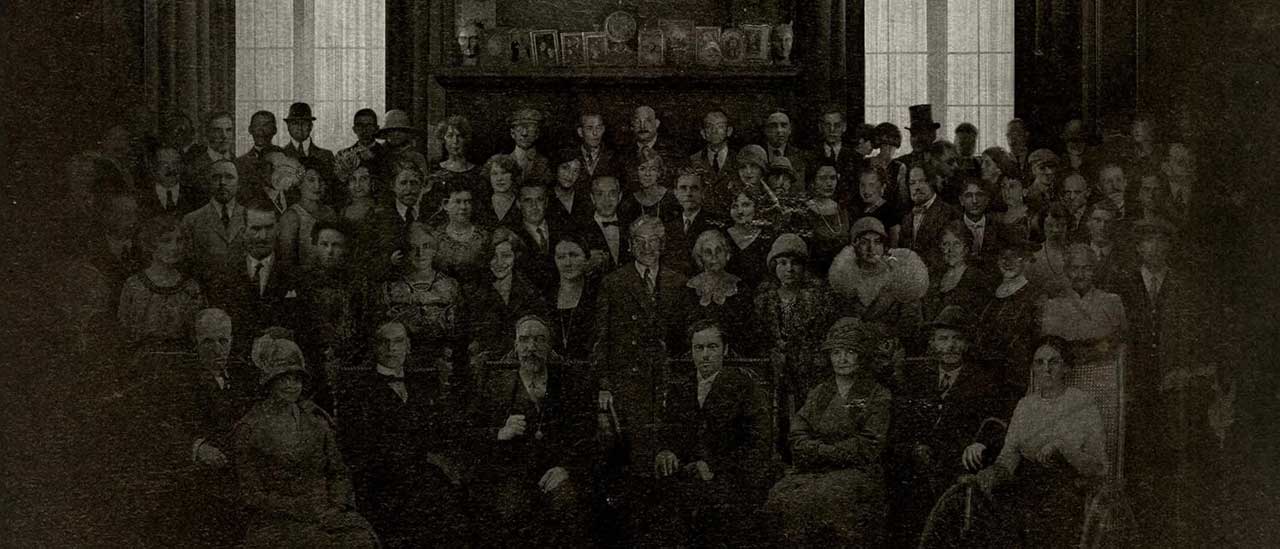You can trust Louder
Just when it seemed like Opeth had settled into a comfy groove as the kings of tasteful, leather elbow-patched prog-metal that goes heavier on the ‘prog’ part of the equation than the ‘metal’, the Swedes have only gone and thrown a curve ball with their fourteenth album. The banner news here is that The Last Will And Testament marks the return of frontman and chief architect Mikael Åkerfeldt’s death growl, a throwback to their early days as an extreme metal band and catnip for disgruntled fans of their more grown-up incarnation.
In truth, this return to extremity – deployed sparingly and strategically, rather than across the whole album – is the least of The Last Will’s inventiveness. Åkerfeldt has enlisted the unlikely dream team of Jethro Tull’s Ian Anderson and Europe singer Joey Tempest to help bring this conceptual tale centred on the tribulations of an early 20th-century family in the wake of the death of their patriarch to life (Edgar Allan Poe does Succession, basically). It’s divided into eight chapters, listed as §1 through §7, plus the less maverick A Story Never Told, lending it a whiff of literariness that further elevates it beyond the progmetal herd.
The album provides a musical narrative to match the conceptual one. It finds Opeth covering more musical ground than they have in a long time. Each song is a protean, shape-shifting world unto itself: §1 is rattling and sepulchral one minute, harsh and abrasive the next, §7 flows from gothic atmospheres to choirlike beauty, A Story Never Told is bathed in a golden 1970s hue, closing with a languid guitar solo that David Gilmour would have been proud of. If it sounds incoherent or over-busy, it’s not – Åkerfeldt has the perfect grasp of dynamics, no matter how unconventional they may appear, and even at its most sonically extreme it’s still oddly welcoming.
As for the guest appearances, Anderson’s presence is limited to sporadic spoken-word cameos extrapolating the story, while Tempest makes an even more fleeting appearance, a ghostly presence responding to the Tull man’s intonations. Åkerfeldt’s teenage daughter Mirjam also makes a cameo on §1, another disembodied voice adding to the sense of strangeness.
There’s a lot to take in, for sure – The Last Will And Testament feels like a record that will give up its secrets gradually rather than instantaneously. But what’s apparent immediately is that it’s a tremendous album, up there with turn-of-the-millennium Opeth high-water marks Still Life and Blackwater Park.
Dave Everley has been writing about and occasionally humming along to music since the early 90s. During that time, he has been Deputy Editor on Kerrang! and Classic Rock, Associate Editor on Q magazine and staff writer/tea boy on Raw, not necessarily in that order. He has written for Metal Hammer, Louder, Prog, the Observer, Select, Mojo, the Evening Standard and the totally legendary Ultrakill. He is still waiting for Billy Gibbons to send him a bottle of hot sauce he was promised several years ago.



